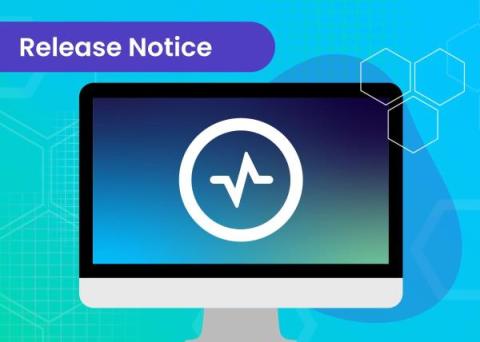Operations | Monitoring | ITSM | DevOps | Cloud
Graylog
When DNS Says: Talk To The Hand!
When DNS Says: Talk to the Hand! What? This started with a post on social media, which created a discussion among us industry professionals. The following conversation happened when I got to talk to my coworkers about some interesting things regarding DNS responses. Putting us gearheads in a room always results in an interesting comment or two!
25 Linux Logs to Collect and Monitor
While “America runs on Dunkin”, IT increasingly runs on Linux. Between being open-source and highly customizable, everything from video games to enterprise servers can run on Linux. When cloud services took over the corporate IT environment, they brought Linux with them in the form of virtual servers and containers. Meanwhile, developers increasingly use Linux-based Docker to containerize applications and Kubernetes to manage the deployments.
Python Logs: What They Are and Why They Matter
Imagine living in a world without caller ID, which is easy if you grew up in the “late 1900s.” Every time someone called, you had a conversation that followed this pattern: Hi! Who’s this? It’s Jeff! Hi Jeff! How’s it going? Today, most people already know who’s calling when they answer the phone because caller ID is built into smartphones and communications apps. As a developer, your Python logging is your application’s caller ID.
Graylog Geolocation: Mapping Your Log Data
In today’s distributed work environment, understanding the geographic origin of network traffic has become more crucial than ever. As organizations adapt to remote work, IT teams face the challenge of monitoring and analyzing an expanding array of IP addresses from various locations. Graylog’s geolocation feature offers a powerful solution to this challenge, allowing teams to extract and visualize geographic information from IP addresses in their logs.
5 API Gateway Best Practices
For a lot of organizations, APIs are almost like a digital baseball card collection. You keep adding to it, and some of them can be monetized. Just as you need to organize and protect your most valuable cards, you need to implement the appropriate security measures around your APIs. Your API gateway is like having a dedicated binder or box just so you can access your cards and share them without exposing them to people’s hands in a way that can devalue them.
What's New In Graylog V6.0
Have a look at some of the new features in Graylog.
Whats New In V6 0 Webinar
A Webinar discussing the new features in Graylog V6 and question and answers at the end.
Announcing Graylog 6.0
We are excited to announce the release of Graylog 6.0, which brings updates across our entire product line!
V6 Graylog Tour
Watch this video for a quick look at Graylog V6.0
https://docs.grayog.org











